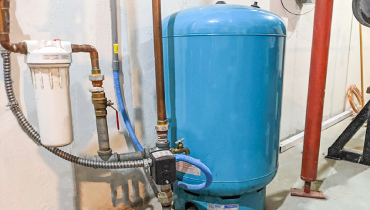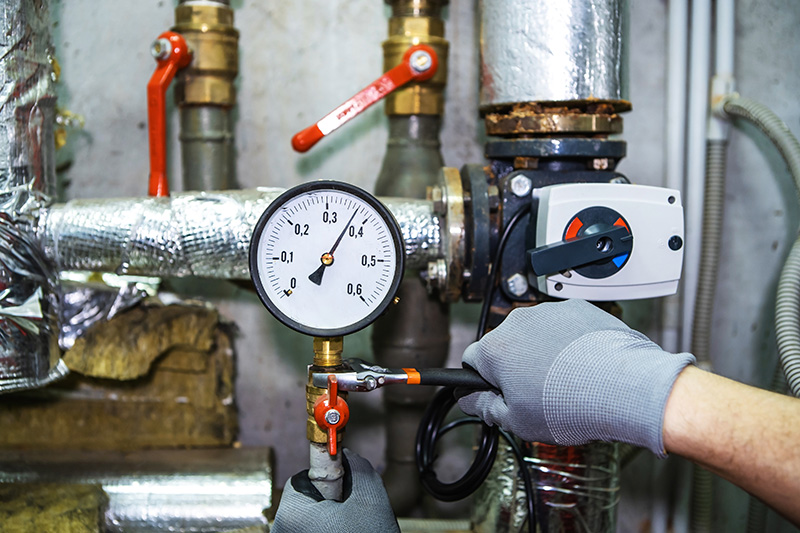Effortless Measures to Increase Low Water Pressure in Your Home
Effortless Measures to Increase Low Water Pressure in Your Home
Blog Article
Here down the page yow will discover a bunch of sensible data all about 10 Reasons for Low Water Pressure in Your House.

Low tide stress in your house can be an aggravating trouble, impacting whatever from bathing to cleaning dishes. If you're experiencing weak water circulation, there are several feasible reasons and remedies to explore. In this guide, we'll discuss usual factors for low water stress and useful actions to attend to the issue successfully.
Intro to Low Water Stress
Low tide pressure happens when the flow of water from your taps, showers, and other components is weak than usual. This can make everyday tasks extra challenging and much less effective. Understanding the causes of low tide stress is critical to discovering the appropriate solution.
Common Sources Of Low Tide Pressure
Faulty Stress Regulators
Stress regulatory authorities are accountable for preserving regular water stress in your house. If they malfunction, it can lead to low water pressure or irregular flow throughout your house.
Community Water System Issues
Occasionally, the trouble exists outside your home. Community supply of water problems, such as main line leaks or maintenance work, can briefly lower water stress in your location.
Pipe Obstructions
Gradually, pipes can come to be obstructed with mineral deposits, debris, or debris, limiting the flow of water. This is an usual concern in older homes with galvanized steel pipelines.
Deterioration
Deterioration within pipes can result in leaks and lowered water stress. Corrosion accumulation can tighten water circulation, especially in maturing plumbing systems.
How to Diagnose Low Tide Stress
Checking Pipes
Inspect noticeable pipes for indications of leakages, corrosion, or obstructions. Focus on any kind of unusual audios, such as banging or rattling pipes, which might indicate problems within the plumbing system.
Consulting with a Plumber
If you're not able to determine the source of low water stress, consider working with a specialist plumber to conduct a detailed examination. They can recognize underlying problems and recommend appropriate options.
Examining Faucets and Components
Beginning by checking the water stress at different taps and fixtures throughout your home. If the problem is separated to certain areas, it may show local troubles.
Do It Yourself Solutions to Fix Low Tide Pressure
Flushing Hot Water Heater
Sediment buildup in the hot water heater can limit circulation and minimize efficiency. Purging the storage tank regularly assists eliminate debris and preserve ideal efficiency.
Checking Stress Regulatory Authority
Guarantee that the stress regulator is operating correctly. Readjusting or replacing the regulator can aid recover correct water stress throughout your home.
Cleaning Aerators and Showerheads
Natural resources can collect in aerators and showerheads, lowering water circulation. Eliminate and cleanse these parts consistently to improve water stress.
Clearing Up Clogs in Water Lines
For small obstructions, attempt making use of a plumbing serpent or chemical drainpipe cleaner to clear blockages in pipes. Be cautious when utilizing chemicals and adhere to safety and security guidelines.
When to Call a Specialist Plumber
If do it yourself efforts stop working to fix the problem or if you presume significant plumbing troubles, it's best to seek aid from an accredited plumber. They have the knowledge and tools to attend to complicated issues securely and efficiently.
Preventive Measures to Maintain Water Pressure
Mounting a Pressure Booster
Think about setting up a stress booster pump to enhance water stress in areas with constantly low circulation. This can be specifically valuable for multi-story homes or properties with high-demand fixtures.
Tracking Water Use
Bear in mind water usage routines and avoid ill-using the plumbing system. Straightforward adjustments, such as astonishing showers and washing tons, can help keep sufficient water stress.
Routine Upkeep
Schedule regular maintenance for your plumbing system to avoid issues such as deterioration, leaks, and obstructions. Attending to minor problems early can assist avoid even more considerable repairs in the future.
Conclusion
Managing low water stress can be irritating, yet identifying the underlying causes and implementing ideal remedies can bring back optimal flow throughout your home. Whether it's cleaning up aerators, checking pipelines, or speaking with a plumber, taking positive actions can make certain a steady supply of water for your daily requirements.
FOUR WAYS TO FIX LOW WATER PRESSURE NOW
Turning on a shower or faucet only to find the water comes out in a sad, slow drizzle is never a good feeling. How exactly are you supposed to wash a pan or take a quick shower when it takes 10 minutes just to rinse off a little soap? The good news is that when your water pressure is bad, there's always a cause: typically one that can be easily fixed. Here are some of the most common causes of low pressure and what you can do to fix the issue:
DEBRIS AND MINERAL DEPOSIT BUILDUPS
If you notice low water pressure from just one or two of the fixtures in your house, the problem likely has to do with debris buildup. Water is full of minerals and other debris, all of which can accumulate in your pipes and on your fixtures. This can cause a blockage that affects how much water flows through. To fix this, try filling a small plastic bag with white vinegar, and use a rubber band to hang it around your showerhead or faucet. Let the head of the fixture soak for a few hours, and the vinegar should loosen the deposits.
WATER LEAKS
Leaks are another common cause of low water pressure. If water is flowing out of your plumbing through a hole or crack before it can reach your fixture, the pressure coming out of the faucet or showerhead will be lower. A plumbing professional is your best bet for finding and repairing a leak in your water supply pipes.
Leaks are another common cause of low water pressure. If water is flowing out of your plumbing through a hole or crack before it can reach your fixture, the pressure coming out of the faucet or showerhead will be lower. A plumbing professional is your best bet for finding and repairing a leak in your water supply pipes.
A VALVE ISSUE
If you have low water pressure throughout your home, check your main shut-off valve to make sure it's completely open. You may also want to see if there's a pressure-reducing valve installed. If there is, have a plumber help you adjust the settings to get the pressure you're looking for.
OTHERS USING WATER
Believe it or not, your low water pressure could be caused by your neighbors. If you notice low pressure at certain times of day, it may be because you and the people living next to you have similar schedules - when everyone is showering at the same time, the pressure will be lower in every home. Low pressure throughout the neighborhood may also be caused by an issue with your municipal water supply. If that's the case, call the supplier to see if they're working on the issue.
https://www.rotorooter.com/blog/water-leaking/low-water-pressure-fixes/

Do you appreciate reading about Low Water Pressure in the House?? Try to leave feedback down the page. We would be happy to hear your thinking about this write-up. Hoping to see you back again before long. Enjoyed our write up? Please quickly share it. Let somebody else check it out. Thanks a lot for going through it.
This Site Report this page